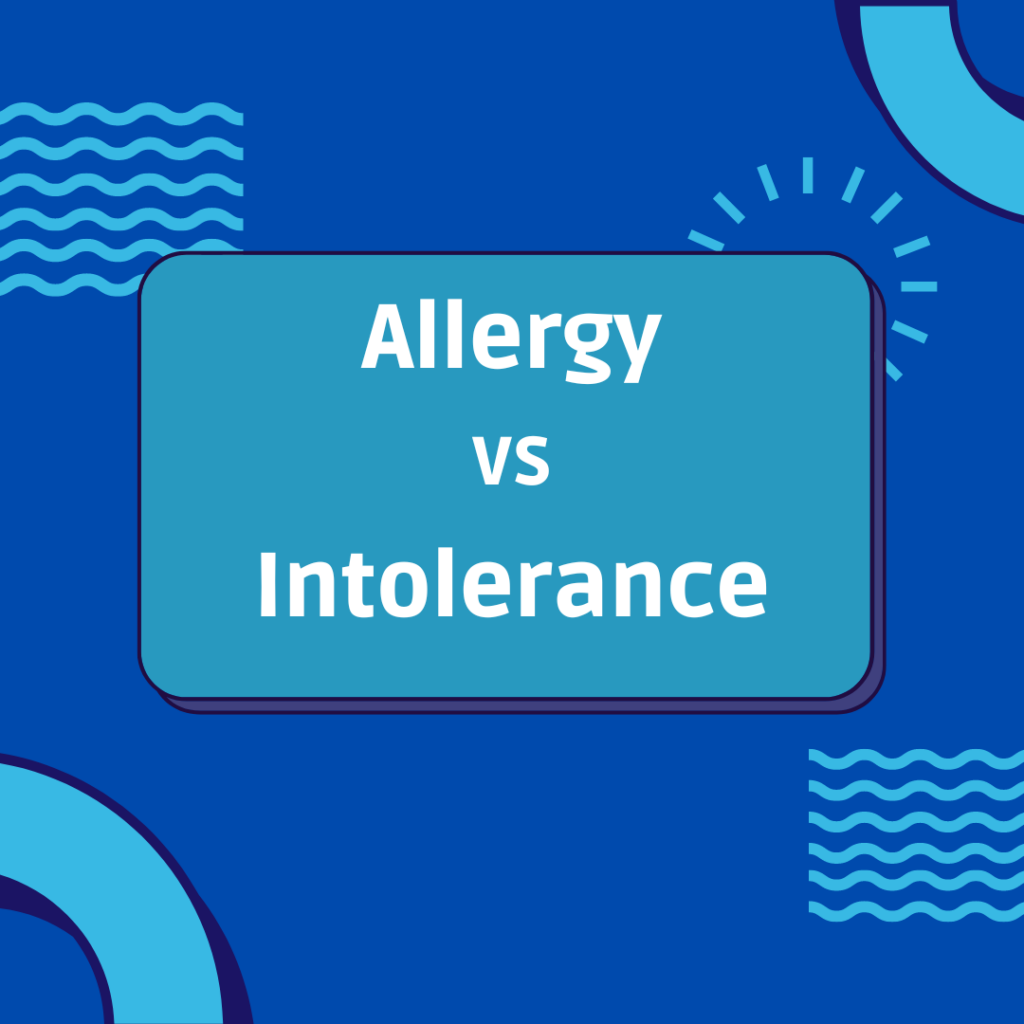In today’s world, many people experience adverse reactions to certain foods, leading to the common question: is it a food allergy or a food intolerance? Understanding the difference between the two is crucial for proper management and treatment. While they may share some symptoms, the underlying causes and potential severity differ significantly.
What is a Food Allergy?
A food allergy is an immune system response to a specific food protein that the body mistakenly identifies as harmful. When an allergic individual consumes even a small amount of the allergenic food, their immune system triggers a series of reactions, which can range from mild to life-threatening.
Common Symptoms of Food Allergies:
- Hives or itchy skin rash
- Swelling of the lips, face, tongue, or throat
- Difficulty breathing or wheezing
- Abdominal pain, nausea, or vomiting
- Anaphylaxis (a severe, potentially life-threatening reaction that requires immediate medical attention)
Common Food Allergens:
- Peanuts
- Tree nuts
- Shellfish
- Fish
- Milk
- Eggs
- Wheat
- Soy
- Sesame
Food allergies are diagnosed through a combination of medical history, skin tests, blood tests, and oral food challenges conducted under medical supervision.
What is Food Intolerance?
Food intolerance, on the other hand, is a digestive system response rather than an immune response. It occurs when the body has difficulty digesting a particular food.
Common Symptoms of Food Intolerance:
- Bloating
- Gas
- Diarrhea
- Abdominal cramps
- Nausea
Common Causes of Food Intolerance:
- Lactose intolerance (due to lack of lactase enzyme)
- Gluten intolerance (non-celiac gluten sensitivity)
- Sensitivity to food additives like sulfites, MSG, or artificial colors
- Fructose intolerance (difficulty digesting fructose)
Unlike food allergies, food intolerances are not life-threatening and symptoms generally occur gradually and are often dose-dependent, meaning larger amounts of the offending food are needed to trigger symptoms.
Key Differences Between Food Allergy and Food Intolerance
Immune System Involvement:
- Food Allergy: Involves the immune system and can trigger severe, potentially life-threatening reactions.
- Food Intolerance: Involves the digestive system and is generally less severe.
Symptoms Onset:
- Food Allergy: Symptoms typically appear within minutes to a few hours after consuming the allergenic food.
- Food Intolerance: Symptoms can be delayed and often occur several hours after consumption.
Amount of Food Needed to Trigger Symptoms:
- Food Allergy: Even trace amounts of the allergenic food can trigger a reaction.
- Food Intolerance: Symptoms are often dose-dependent and larger quantities of the food are needed to trigger symptoms.
Diagnosis and Management:
- Food Allergy: Diagnosed through medical tests and managed by strict avoidance of the allergenic food, carrying emergency medication like epinephrine.
- Food Intolerance: Identified through elimination diets and sometimes breath tests; managed by limiting or avoiding the problematic food.
Managing Food Allergy and Food Intolerance
For Food Allergies:
- Strict avoidance of known allergens is essential (other treatments are also now available through their allergist)
- Read food labels carefully to check for hidden allergens.
- Inform restaurants and food providers about your allergies.
- Always carry two forms of self-injectable epinephrine.
- Educate family, friends, and caregivers about your allergy and emergency procedures.
For Food Intolerances:
- Keep a food diary to track and identify trigger foods.
- Follow an elimination diet under the guidance of a healthcare professional to pinpoint intolerances.
- Use enzyme supplements if appropriate (e.g., lactase supplements for lactose intolerance).
- Adjust your diet to avoid or limit intake of problematic foods.
Understanding whether you have a food allergy or food intolerance is crucial for effective management and ensuring your well-being. If you suspect you have a food allergy or intolerance, consult with a healthcare professional for accurate diagnosis and guidance.
